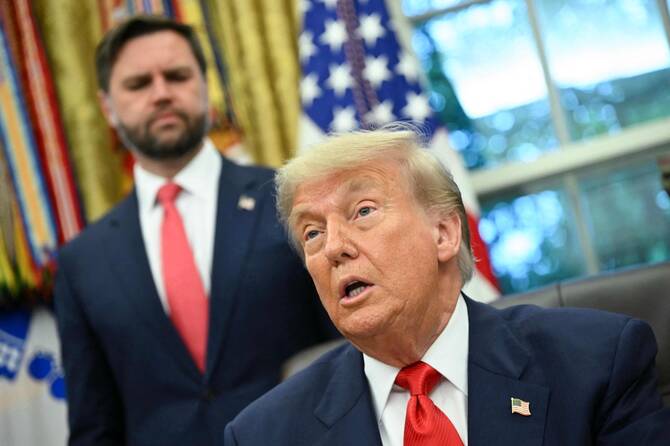Washington: Despite the Republican administration’s significant victory Friday restricting national injunctions, the court struggle over President Donald Trump’s decision to terminate birthright citizenship is far from done. As the Republican president seeks to overturn a century of tradition, immigrant groups are pledging to battle to keep birthright citizenship a legal requirement.
Following the high court’s decision, lawsuits against the president’s executive order on birthright citizenship are returned to lower courts. However, it is still unclear what will happen to the president’s policies in the end.
Learn about the Supreme Court’s decision, birthright citizenship, and the next steps. What is meant by birthright citizenship? Everyone born in the United States is entitled to birthright citizenship, even offspring of illegal immigrants. The custom dates back to shortly after the Civil War, when Congress ratified the 14th Amendment to the Constitution, partly to guarantee citizenship to Black people, including freed slaves.
According to the amendment, “Everyone born or naturalised in the United States and subject to its jurisdiction is a citizen of the United States.” After travelling abroad, Wong Kim Ark, a Chinese man born in the United States, was denied re-entry thirty years later.
Also Read:
Saudi Arabia’s Attempts to Foster Innovation are Successful



































